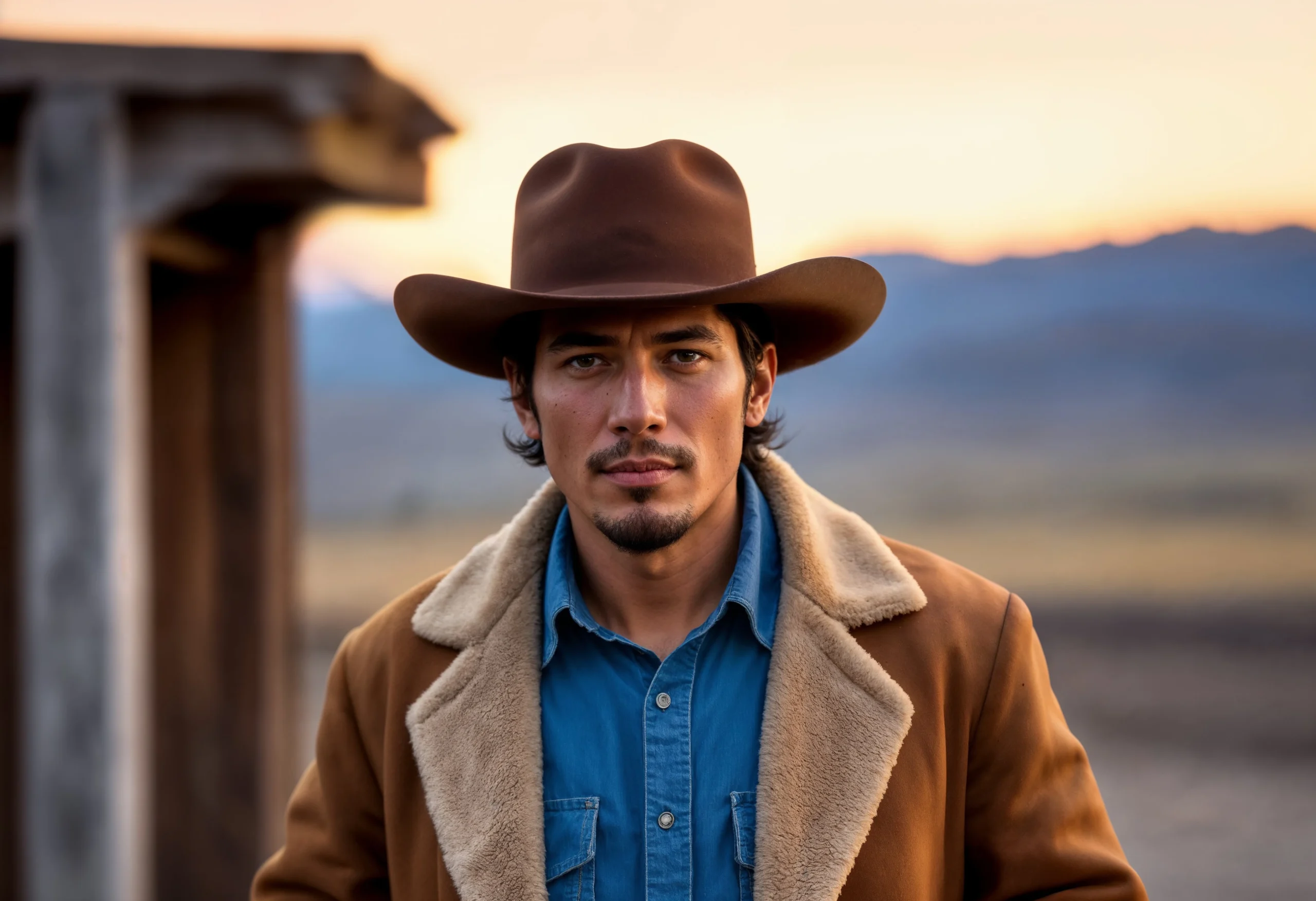Introduction
The term Mexican cowboy name carries a rich heritage that blends tradition, culture, and history. Known as vaqueros in Mexico, these legendary horsemen played a crucial role in shaping ranching traditions across the Americas. Today, their names are not only symbolic of bravery and skill but also serve as inspiration for modern western culture.
Whether you’re writing a novel, naming a character, or exploring historical figures, understanding the origins and meaning behind a Mexican cowboy name can give your project authenticity and depth. If you’re also interested in the broader cowboy culture, check out our cowboys name guide for more inspiration.
Benefits of a Mexican Cowboy Name
Choosing a Mexican cowboy name isn’t just about aesthetics—it’s about tapping into a deep well of cultural pride and historical significance.
How It Helps in Storytelling and Branding
A well-chosen Mexican cowboy name adds authenticity to any creative work. Whether you’re creating a character for a western-themed story or branding a rodeo team, the right name connects with audiences on a cultural and emotional level.
For example:
- In literature, it enhances realism.
- In marketing, it builds a strong brand identity.
- In entertainment, it immerses audiences into a rich, historical setting.
Key Advantages for Enthusiasts and Creators
- Cultural Connection – Celebrates the heritage of vaqueros.
- Distinctiveness – Sets apart your work with unique historical roots.
- Emotional Impact – Names carry stories of courage and honor.
- Market Appeal – Strong resonance among western and Latin audiences.
How to Use a Mexican Cowboy Name
Whether you’re a writer, game developer, or event organizer, using a Mexican cowboy name effectively requires some strategy.
Step-by-Step Guide
- Research the Origin – Learn the background of your chosen name. Many Mexican cowboy names are inspired by historical vaqueros or derived from Spanish words for strength, skill, or bravery.
- Match the Personality – Choose a name that reflects the traits of your character, brand, or team.
- Incorporate Cultural Elements – Use Spanish linguistic patterns or historical references for authenticity.
- Test for Memorability – Make sure it’s easy to pronounce and remember.
- Ensure Uniqueness – Avoid overused names unless paying homage to a historical figure.
Common Mistakes to Avoid
- Overcomplication – Picking a name too long or hard to spell.
- Ignoring Meaning – Choosing a name without understanding its translation or origin.
- Cultural Misrepresentation – Using stereotypical or inaccurate portrayals of Mexican heritage.
- Copying Popular Names – Losing originality by reusing overly famous names without context.
Best Practices for Mexican Cowboy Names
If you want your Mexican cowboy name to stand out and be meaningful, consider these professional tips.
Tips & Tricks for Better Results
- Blend History with Creativity – Combine authentic vaquero references with unique twists.
- Consider Nicknames – Many vaqueros had short, catchy nicknames like El Toro or Chaparro.
- Use Descriptive Elements – Add personality traits in the name (e.g., Juan el Valiente – “John the Brave”).
- Keep It Phonetically Strong – Strong consonants make names more memorable.
Expert Recommendations
- Draw from Real Figures – Historical cowboys like Juan Bautista de Anza or Vicente Oropeza can inspire powerful names.
- Think Geographically – Incorporate Mexican landscapes (e.g., Sierra, Rio, Desierto).
- Mix in Professions or Skills – Words like jinete (rider), domador (tamer), or cazador (hunter) add depth.
Popular Examples of Mexican Cowboy Names
Here’s a curated list for inspiration:
- Diego el Bravo – Diego the Brave
- Mateo del Desierto – Mateo of the Desert
- Santiago Toro – Santiago the Bull
- Luis Cazador – Luis the Hunter
- Carlos de la Sierra – Carlos of the Mountains
- El Lobo Guerrero – The Warrior Wolf
- Vicente del Rio – Vicente of the River
Each of these examples blends cultural authenticity with strong imagery, making them ideal for storytelling or branding.
FAQs About Mexican Cowboy Names
1. What is a Mexican cowboy called?
A Mexican cowboy is traditionally called a vaquero, which comes from the word vaca (cow) in Spanish.
2. How do I choose a Mexican cowboy name?
Research historical references, match the name to your project’s theme, and make sure it’s culturally respectful.
3. Are Mexican cowboy names still used today?
Yes. Many rodeo performers, ranchers, and entertainers still proudly use them.
4. Can I mix English and Spanish in a cowboy name?
Absolutely. Hybrid names like El Rider Fuerte (The Strong Rider) are becoming popular.
Conclusion
A Mexican Cowboy Name is more than just a label—it’s a connection to a vibrant history of courage, skill, and cultural pride. Whether for creative writing, branding, or personal projects, these names bring authenticity and depth.
If you want to explore broader cowboy culture and naming ideas, check out our detailed cowboys name resource. Choose wisely, respect the heritage, and let the spirit of the vaquero live on in your work.


